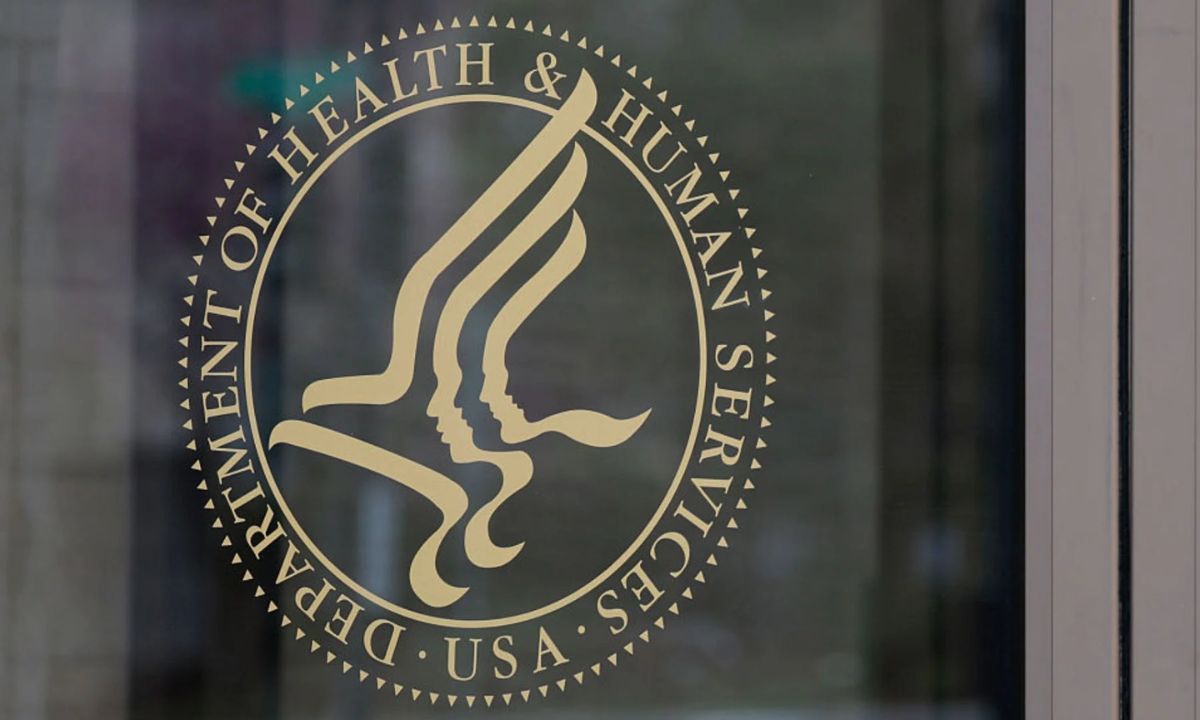
HHS, or the U.S. Department of Health and Human Services, plays a vital role in the well-being of Americans. Ever wondered what makes this department tick? HHS oversees programs that touch nearly every aspect of public health, from Medicare and Medicaid to disease control and prevention. Did you know HHS has a budget exceeding a trillion dollars? That’s more than the GDP of many countries! HHS also manages agencies like the FDA, CDC, and NIH, which are crucial in safeguarding public health. Intrigued by how HHS impacts your life? Let’s dive into 20 fascinating facts that will give you a clearer picture of this essential government body.
What is HHS?
The Department of Health and Human Services (HHS) is a crucial part of the U.S. government. It oversees many programs that impact the health and well-being of Americans. Here are some interesting facts about HHS.
- HHS was established in 1953, originally named the Department of Health, Education, and Welfare.
- It was renamed the Department of Health and Human Services in 1980 when the Department of Education was created.
- HHS is responsible for about 25% of all federal outlays, making it one of the largest departments in the U.S. government.
Key Agencies Under HHS
HHS is composed of several key agencies, each with its own specific role. These agencies work together to ensure public health and safety.
- The Centers for Disease Control and Prevention (CDC) is one of the most well-known agencies under HHS. It focuses on disease control and prevention.
- The Food and Drug Administration (FDA) ensures the safety of food, pharmaceuticals, and medical devices.
- The National Institutes of Health (NIH) conducts medical research to improve public health.
- The Centers for Medicare & Medicaid Services (CMS) administers the nation's major healthcare programs, Medicare and Medicaid.
HHS and Public Health
HHS plays a significant role in maintaining and improving public health across the United States.
- HHS oversees the Public Health Service (PHS), which includes the Surgeon General and the U.S. Public Health Service Commissioned Corps.
- The Health Resources and Services Administration (HRSA) helps provide healthcare to people who are geographically isolated or economically or medically vulnerable.
- HHS is responsible for the Indian Health Service (IHS), which provides healthcare to American Indians and Alaska Natives.
HHS and Social Services
Beyond healthcare, HHS also provides various social services to support families and communities.
- The Administration for Children and Families (ACF) promotes the economic and social well-being of families, children, individuals, and communities.
- The Administration for Community Living (ACL) supports older adults and people with disabilities through various programs and services.
- HHS runs the Temporary Assistance for Needy Families (TANF) program, which provides financial assistance to low-income families.
HHS and Emergency Preparedness
HHS is also involved in preparing for and responding to emergencies, including natural disasters and pandemics.
- The Office of the Assistant Secretary for Preparedness and Response (ASPR) coordinates the nation's response to public health emergencies.
- HHS played a critical role in the response to the COVID-19 pandemic, including vaccine distribution and public health guidance.
- The Strategic National Stockpile (SNS), managed by HHS, is the nation’s largest supply of life-saving pharmaceuticals and medical supplies for use in a public health emergency.
HHS and Research
Research is a cornerstone of HHS's mission to improve public health and healthcare.
- The Agency for Healthcare Research and Quality (AHRQ) focuses on improving the quality, safety, efficiency, and effectiveness of healthcare.
- HHS funds a significant portion of biomedical research in the U.S., primarily through the NIH.
- The Office of Research Integrity (ORI) ensures the integrity of the research process by overseeing investigations of research misconduct.
HHS and Policy
HHS also plays a key role in shaping health policy in the United States.
- The Office of the Assistant Secretary for Planning and Evaluation (ASPE) advises on policy development and conducts research and evaluation studies.
The Final Word on HHS
HHS is a powerhouse in the U.S. government, handling everything from public health to social services. With over 80,000 employees, it’s one of the largest federal agencies. HHS oversees agencies like the CDC, FDA, and NIH, ensuring Americans' health and well-being. Programs like Medicare and Medicaid fall under its umbrella, providing essential services to millions. The department also plays a crucial role in medical research, disease prevention, and emergency preparedness.
Understanding HHS helps us appreciate the vast network working behind the scenes to keep us safe and healthy. Whether it’s fighting pandemics, regulating food and drugs, or supporting vulnerable populations, HHS is at the forefront. Next time you hear about a health initiative or social service program, you’ll know the dedicated team at HHS is likely involved. Stay informed, stay healthy, and remember the vital role HHS plays in our daily lives.
Was this page helpful?
Our commitment to delivering trustworthy and engaging content is at the heart of what we do. Each fact on our site is contributed by real users like you, bringing a wealth of diverse insights and information. To ensure the highest standards of accuracy and reliability, our dedicated editors meticulously review each submission. This process guarantees that the facts we share are not only fascinating but also credible. Trust in our commitment to quality and authenticity as you explore and learn with us.
